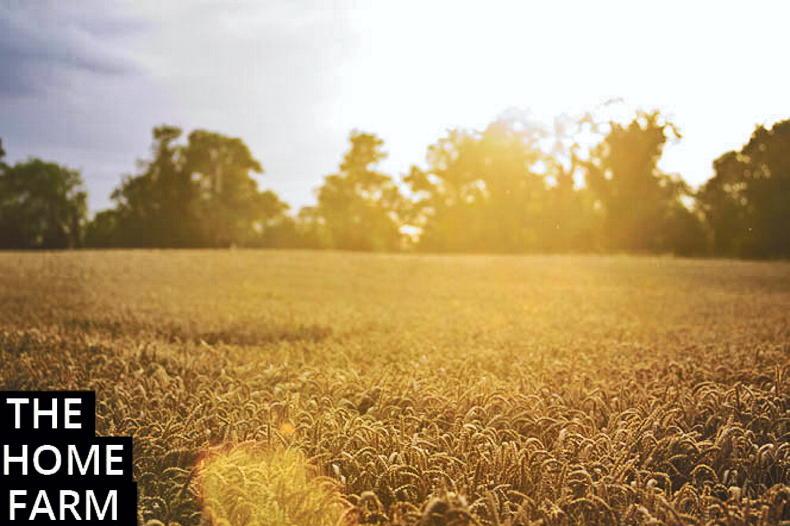The last week was as cold as we have had for several years but that said, the amount of damage was minimal – especially compared to the recent storm Darragh.
In 2010, the biting cold penetrated the ground to about two feet and the buried water pipes to the outhouse froze, as did the water softener itself that we had put in to treat for lime.
After that, we got the outhouse insulated with aerobord, and so far there have been no further problems.
Not being on the mains, continuous water is an absolute priority both for the cattle and the house.
Having our own deep well, the water comes up at about 6.5°C so if there is some constant consumption of water, it has to be really cold before there is a problem.
I am always struck by the reluctance of the population in general when it comes to paying for water. It is regarded as a right that should be free, whereas most farms are either metered by the local authority or else have to make provision for themselves and pay for it.
Worries
One of the nagging worries on the crop side with cold weather is that our oats is a spring variety but of course, sown in the autumn.
There is no doubt that this increases the vulnerability of the crop to frost damage, but I have never seen a definite temperature where problems can be expected.
Certainly after the 5-6°C of frost that we have had, the crops seem to have weathered it well.
The crops themselves have benefited from the conditions that were so different from the sodden ground of last year. Again, it is noticeable how weed-free and clean the oats crop is.
It is so clean, in fact, that the view that growing oat plants secretes some kind of toxin seems to have some validity. It should be further investigated to see if the ability could be transferred to other cereals.
Perspective
Hearing of temperatures of nearly -20°C in Scotland puts a different complexion on weather risk.
This week, we got the first slurry of the season applied to some dry paddocks that we had grazed late.
We had treated the tanks a few weeks ago with digestate, and there is no doubt that the agitation was easier and the smell reduced.
I have never seen ground conditions as good in mid-January, and the longer heavy rain stays away the better, at least for the next few weeks.
We are still clearing up after the storm when we lost several big trees.
I am constantly surprised to see, at least in our locality, pallets of ‘kiln dried’ logs imported from Lithuania and Estonia, while there is no demand whatsoever to cut up fallen trees for domestic use.






 This is a subscriber-only article
This is a subscriber-only article










SHARING OPTIONS: